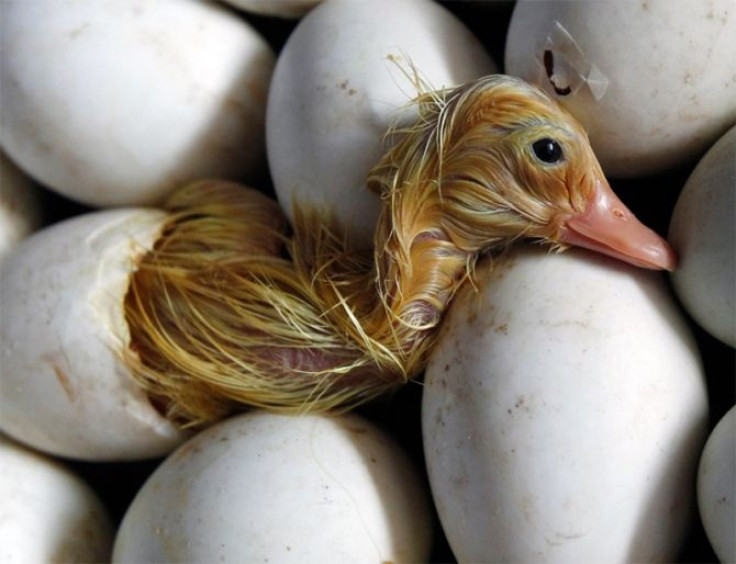FDA Panel Backs Vaccine to Fight Bird Flu

Bird flu has been a fear for public health experts for years now. In fact, earlier today, Australia reported its first case of a highly dangerous bird flu virus in 15 years. Bird flu rarely infects humans, but when it does, it is deadly; since 2003, there have been 608 human cases of bird flu. Over half of those cases - 359 - have died.
That is why an advisory panel for the United States' Food and Drug Administration (FDA) has approved a vaccine for H5N1 created by drug manufacturer GlaxoSmithKline. Though the FDA does not always follow its advisory panels' recommendation, it normally does.
The vote was unanimous; twin votes were 14-0 in favor of its approval. The panel said that the vaccine met safety and immunogenicity levels, or the ability of a substance to provoke an immune response, in an accelerated approval process. The accelerated approval process was created in 2007 for vaccines which create markers that are likely to hold a benefit.
The Q-Pan H5N1 vaccine is comprised of an inactivated H5N1 antigen and one of GlaxoSmithKline's adjuvants, which are intended to provoke an immune system response.
Like all vaccines, this one provoked some adverse effects in participants in the clinical trial. The most common side effects were fatigue, headaches, joint pain, muscle aches, pain and swelling at the site of the injection, shivering, and sweating. While the side effects were more severe when the vaccine had the adjuvants, the vaccine was also more potent and successful with them.
GlaxoSmithKline was contracted by the government to create a vaccine against bird flu back in 2007. The government would likely stockpile dosages in the event of a global pandemic, and the pharmaceutical company would be licensed to make millions of them. The company would also be prepared with other versions instead of just containing the Indonesian bird flu right now.
The vaccine also contains just 3.75 micrograms of the antigen, compared to the 90 micrograms contained in pharmaceutical rival Sanofi's vaccine. This would mean that GlaxoSmithKline would be able to produce more product, more efficiently.
The FDA will make their final decision at the end of the year.



























